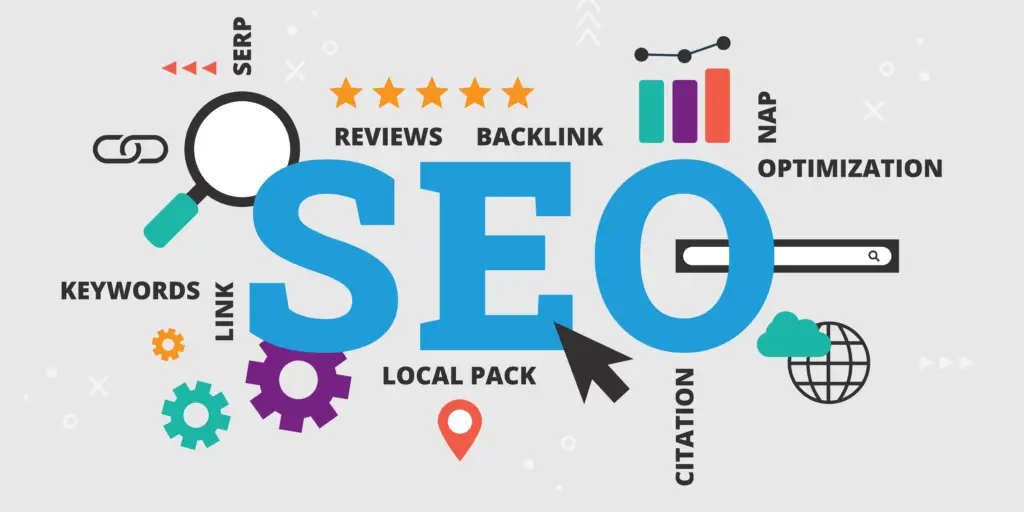
If you’re looking to enhance your website’s online visibility and drive more organic traffic, mastering Search Engine Optimization (SEO) is essential. SEO is the practice of optimizing your website to rank higher in search engine results pages (SERPs), making it easier for potential customers to find you. In this guide, we’ll explore the basics of SEO, how it works, and the key strategies you need to improve your search rankings.
What is SEO, and Why is It Important?
SEO is the process of optimizing a website to make it more visible to search engines like Google. It involves using keywords, creating high-quality content, building backlinks, and improving site structure to ensure search engines recognize and rank your site favorably. When done correctly, SEO helps you rank higher in Google search results, increase organic traffic, and improve user experience (UX) on your website.
How SEO Works: Key Elements of SEO
There are several critical components to effective SEO:
Keyword Research and Optimization
To rank in search engines, it’s essential to identify the right keywords. By understanding what terms your audience uses to search, you can incorporate these target keywords naturally into your content. Using tools like Google Keyword Planner and Google Trends can help you find relevant keywords with high search volume and low competition.On-Page SEO
On-page SEO involves optimizing individual web pages to improve their rankings. This includes:- Using header tags (H1, H2, etc.) effectively
- Writing engaging meta descriptions
- Optimizing images with alt text
On-page SEO helps search engines understand the content and purpose of each page, making it easier to match it with relevant queries.
Content Creation and Optimization
Creating high-quality, informative content is one of the most effective SEO strategies. Content that addresses your audience’s needs and incorporates long-tail keywords naturally will rank better in search results. Regularly updating your blog with fresh, relevant content helps to increase dwell time and reduce bounce rates, signaling to Google that your site is valuable.Backlink Building
Backlinks are links from other reputable websites that point to your site, signaling authority and trustworthiness to search engines. Effective backlink strategies include guest posting, creating shareable content, and networking with industry influencers. Quality backlinks can significantly improve your website’s domain authority and ranking potential.Technical SEO
Technical SEO ensures that your website’s infrastructure is optimized for search engines. This includes:- Fast loading times for better user experience
- Mobile optimization so your site is accessible on all devices
- An organized and crawlable site structure
Technical SEO enables search engines to index and understand your site’s content, ensuring it ranks well.
Local SEO
For businesses targeting a specific location, Local SEO is essential. Optimizing your Google My Business profile, using location-based keywords, and gathering reviews help your site rank well in local search results. Local SEO is crucial for businesses looking to attract nearby customers.
The Benefits of Effective SEO
Effective SEO strategies result in increased organic traffic, improved brand visibility, and a greater chance of converting visitors into customers. SEO is an ongoing process, and by regularly updating and optimizing your site, you ensure long-term growth and success.
Start Implementing SEO Today
Implementing SEO may seem complex, but by focusing on keyword optimization, high-quality content, backlinks, and technical improvements, you’ll start to see your search engine rankings improve. Remember, SEO takes time, but with consistent effort, it can become one of your most valuable tools for growing your business.
By understanding and implementing these SEO best practices, you’ll boost your website’s performance in search engines and attract more visitors to your site. Start optimizing today to build a strong online presence and gain a competitive edge in your industry.
